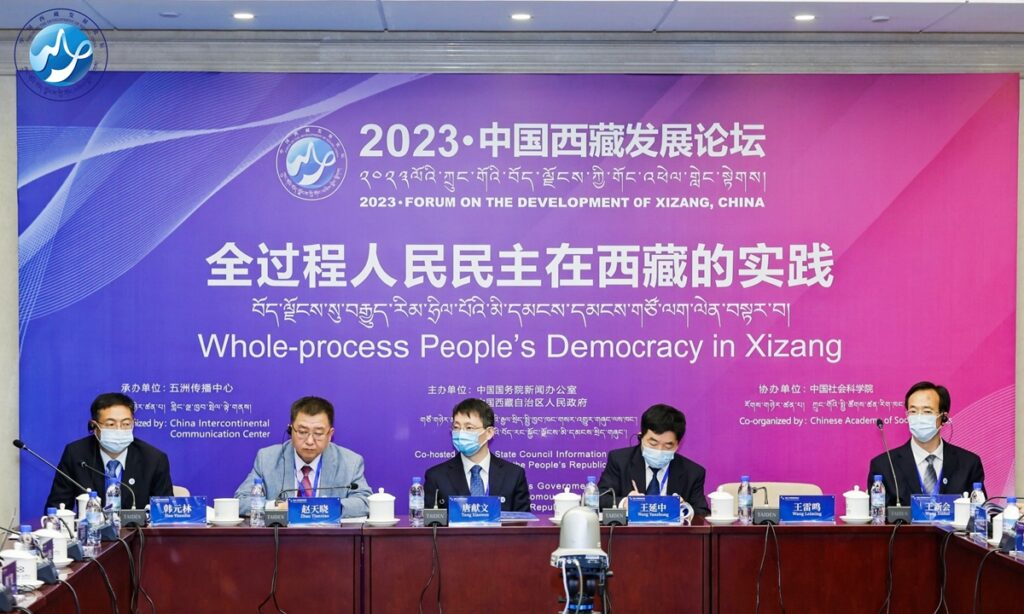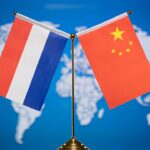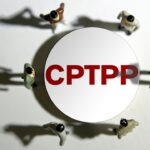Keynote speakers and guests, many of whom just concluded a trip to Xizang Autonomous Region, shared their insights on how whole-process people’s democracy is embraced in policy design and everyday practice in this region at the Forum on Development of Xizang, which kicked off on Tuesday.
On May 23, 1951, Xizang was peacefully liberated, ushering in the dawn of democracy as Democratic Reform in 1959 brought about the most extensive, profound and progressive social change to Xizang.
The founding of the Xizang Autonomous Region in 1959 is a practice of China’s regional ethnic autonomy system, an integral part of the whole-process people’s democracy.
Under the system, people of all ethnic groups fully enjoy equal political rights, equally participate in and benefit from economic and social development, inherit and develop traditional culture and equally enjoy the freedom of religious belief, and jointly push forward ecological civilization in a coordinated manner, Wu Qingjun, vice president of the Academy of Social Sciences of Xizang Autonomous Region, said at a sub-forum.
Wang Qingxian, deputy head of the Party School of the CPC Xizang Autonomous Regional Committee, said at a sub-forum themed on democracy that since the founding of Xizang Autonomous Region, the mechanism to guarantee democracy and the rule of law has continuously improved with the issuance of more than 150 local regulations and normative documents so that people of all ethnic groups have a sense of fairness and justice.
Roland Boer, a distinguished professor of the School of Philosophy of Renmin University of China, underlined important characteristics of China’s democracy – it entails a dialectic of electoral and consultative democracy.
The West thinks that bourgeois or “capitalist democracy” is the only form of “democracy,” which it defines in terms of elections. By contrast, socialist democracy is more comprehensive and has greater depth, Boer noted.
Wang Qingxian also explained some everyday practices unique to the snowy plateau, such as “teahouse meeting room” and “ranch meeting” as well as on-site “square table meetings” and online “discussion groups.” Those practices ensure that economic, cultural and social affairs concerning people are fully discussed and the public will is heard and represented.
Just like other Chinese regions, people in Xizang can get involved in legislation process through grassroots-level legislation contact points; their opinions and suggestions are translated into policies, and ordinary people speak out at villagers’ and residents’ committees to promote public affairs management.
The policy design and everyday practices in Xizang ensure that the people are “masters of the country,” the true essence of “democracy.”
Vikash Kumar Singh, lecturer of the Asia Institute of Beijing Foreign Studies University from India just concluded a trip to Xizang where he had first-hand experience of the region’s modernization, cultural richness and ecological protection.
Zhang Shuhua, director of the Institute of Political Sciences at the Chinese Academy of Social Sciences, told the Global Times at the sub-forum that “The key depends on the people’s will; people’s livelihood is the priority.”
China’s democracy view has richer connotations, breaks the Western monopoly of the narrative on democracy, overcomes the simplistic definition of the concept as electoral democracy, and conforms to China’s governance success, Zhang said.
(Global Times)




